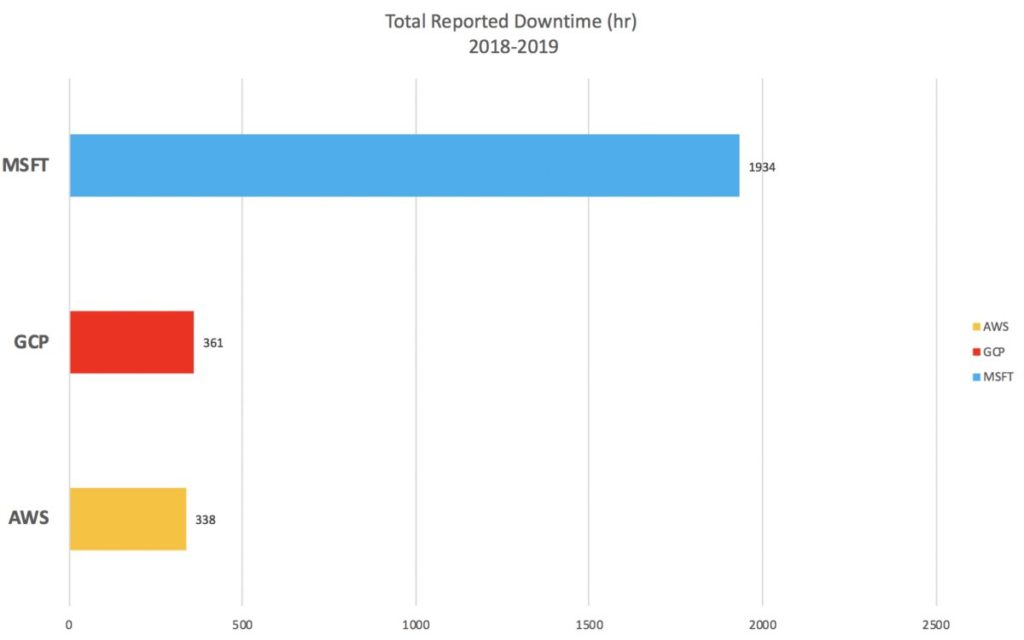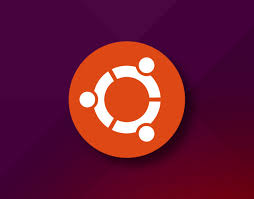Recently, I created a kubernetes cluster in Azure as a POC. I did this using Terraform to ensure it was infrastructure as code. This way it could be easily stood up again.
After jumping through tons of hoops to turn on a service that was no longer in preview, I was able to add a node pool for windows machines… In short, after a lot of hoops I was able to do so. This included getting cores quotas/etc extended. That took a few days because of the response time from Microsoft.
So, at this point I am heavily invested with my time (over a week of waiting and back/forth with MSFT). Now I have a K8s cluster up and running with a windows pool and Linux pool. It appears to be working…but this was a facade.
Once I started using the K8s cluster, I noticed a problem with all my deployments that had one of the following features:
- Several Mounts (PVCs)
- I found more than 3
- Mounts Over 5-10gb
I tried reaching out to Microsoft via an azure support ticket. I was basically just given the run around, and asked to go through more hoops; all of which were for no more of a reason than to close the question in the techs queue.
Finally, I was able to get more information (only because of GitHub), see below:

This, again was a lie (even if not on purpose); as it has been well more than the original two weeks referred to. The original issue was opened March 2019! Also, after I tried to rebuild (per their suggestion) I was told they are out of cores; and “would I like to rebuild in another region?”, this started the quota requests again. That added 3 more days of waiting.
(Probably due to large government contract)
None of this behavior is enterprise grade, and quite frankly I don’t know why anyone would ever use this cloud. Please reference my previous post on their uptime. Keep in mind they are slightly more expensive that AWS, less robust, and less reliable.
This is the most classic case of “This is always how we have done it.”, and the nature of people to avoid change.







 Much like many of us, I use nano. Its quick, easy, and readily available. However, I like to see the highlighting of my language. As many of you know, there are “nanorc” files, that will tell nano how to handle language highlight.
Much like many of us, I use nano. Its quick, easy, and readily available. However, I like to see the highlighting of my language. As many of you know, there are “nanorc” files, that will tell nano how to handle language highlight.